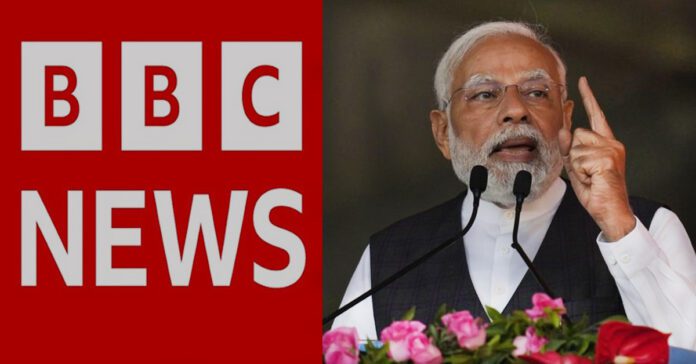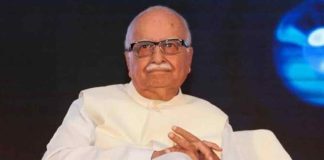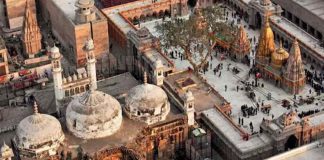The efforts to block the BBC documentary grabbed more attention across the world. All the measures taken by the government failed as India is a part of the global internet and blocking any internet content is not that easy.
Above all, the BBC pre-empted the situation and took all the necessary precautions. Moreover, it released the documentary in UK only. The documentary would not be as popular as it is now.
The efforts of the Modi led BJP government backfired as they tried to block it across the social media- YouTube and Twitter. Apparently, it gained more publicity than needed.
The documentary looked at the role of PM Modi, then Chief Minister of Gujarat, during the 2002 riots. The documentary cites that, Modi is directly responsible for the communal riots. It also says that he was the one who ordered all the top officials not to intervene during the clashes. However, PM Modi denied all these allegations.
The government of India blocked the links to the first episode of the documentary on YouTube and Twitter. It used the provision of the controversial Information Technology Rules to block the documentary. It tried all ways and means to stop the documentary citing that the documentary threatens national security.
The BBC released the documentary on BBC Two. With its own copyrights, it released it only in the UK. It was through its online streaming service BBC iPlayer. However, the first episode, which was released on January 17, was bootlegged across all social media platforms.
Few lawyers and members of the opposition filed a suit to know the reasons for banning the documentary, while the world is speaking about free speech.
The government had ordered to block the links of the BBC’s documentary on YouTube and Twitter. But all the efforts failed. Hence, the content in the documentary is still being circulated.
Surprisingly, google trends show that the BBC documentary was not that popular prior to the Indian government’s intervention to block it. However, it backfired and it became more popular later.
ALSO READ: IT Dept. conducts search in BBC offices in Delhi and Mumbai
















